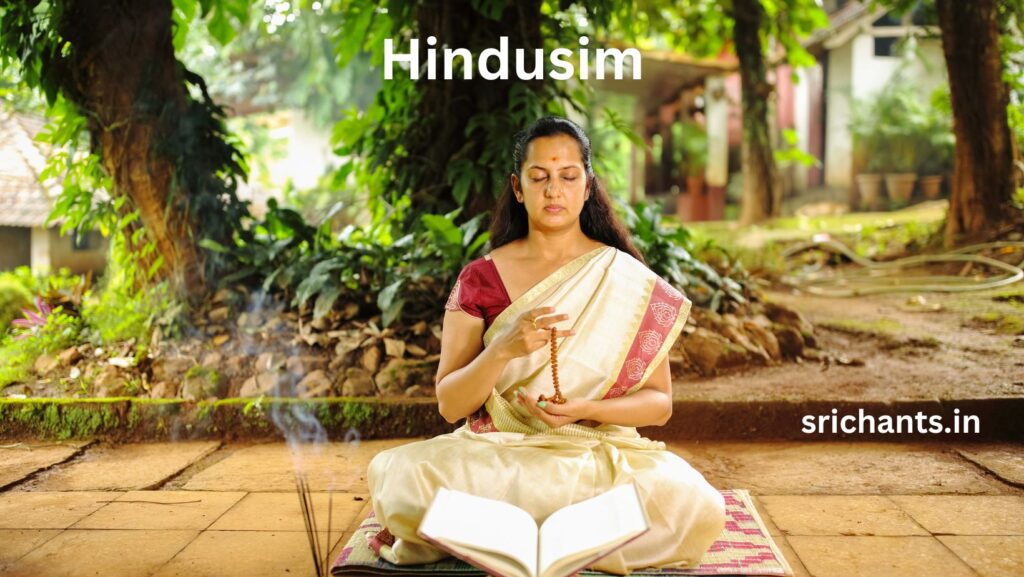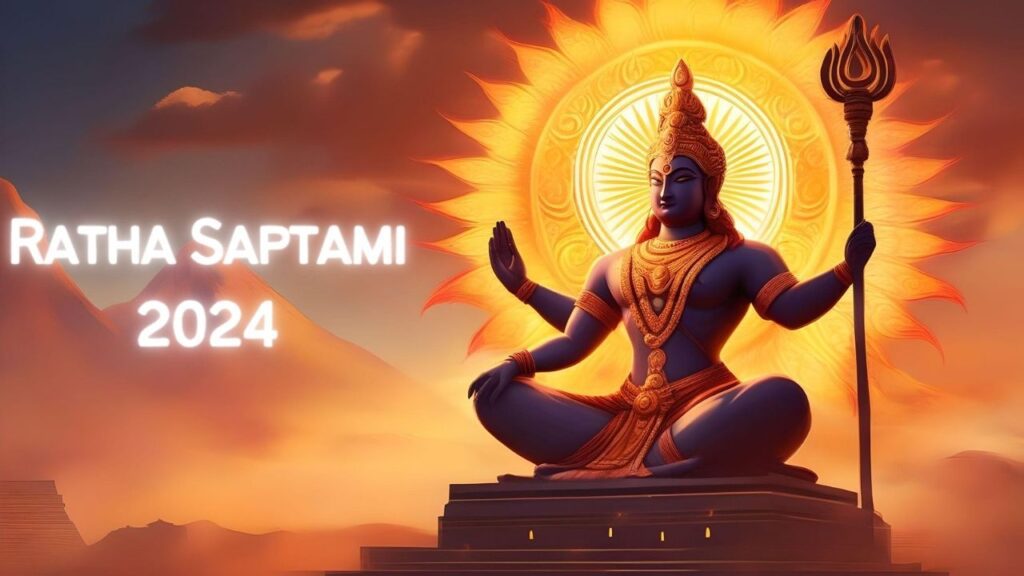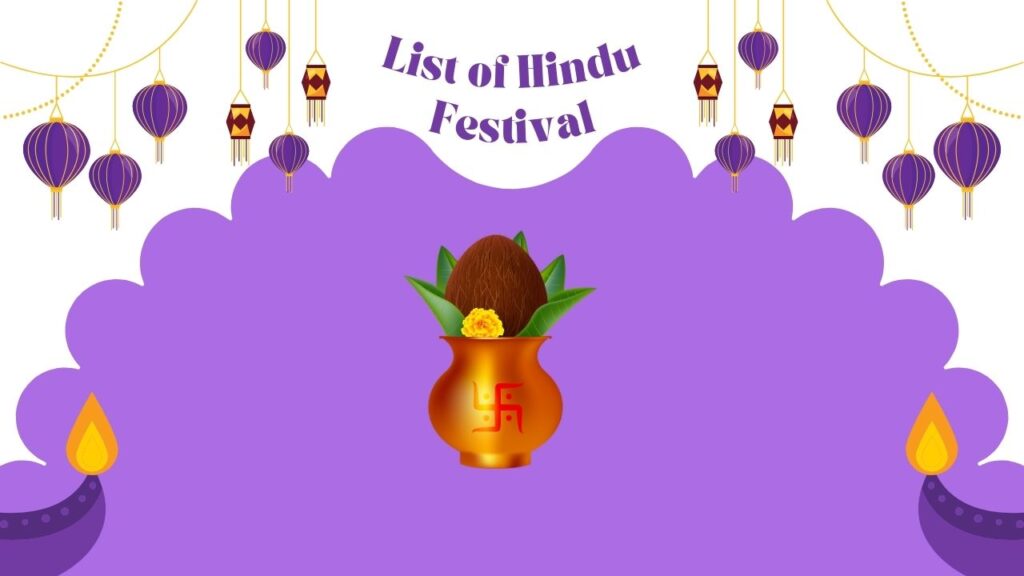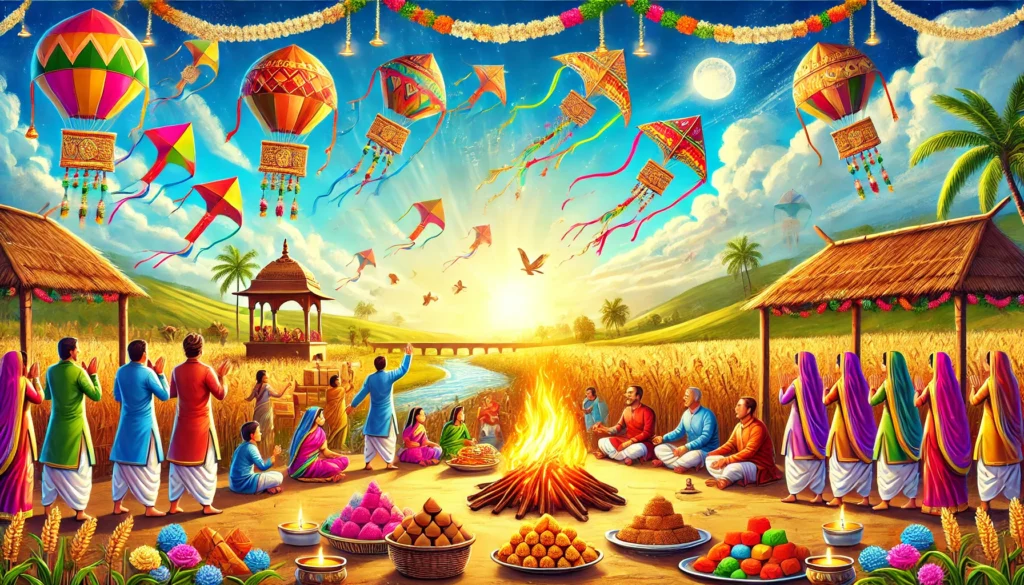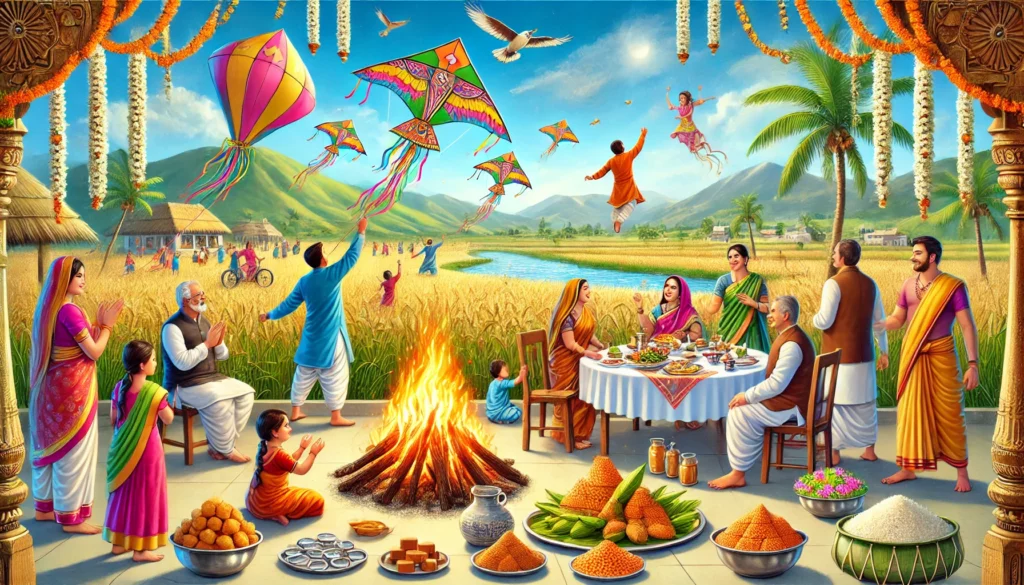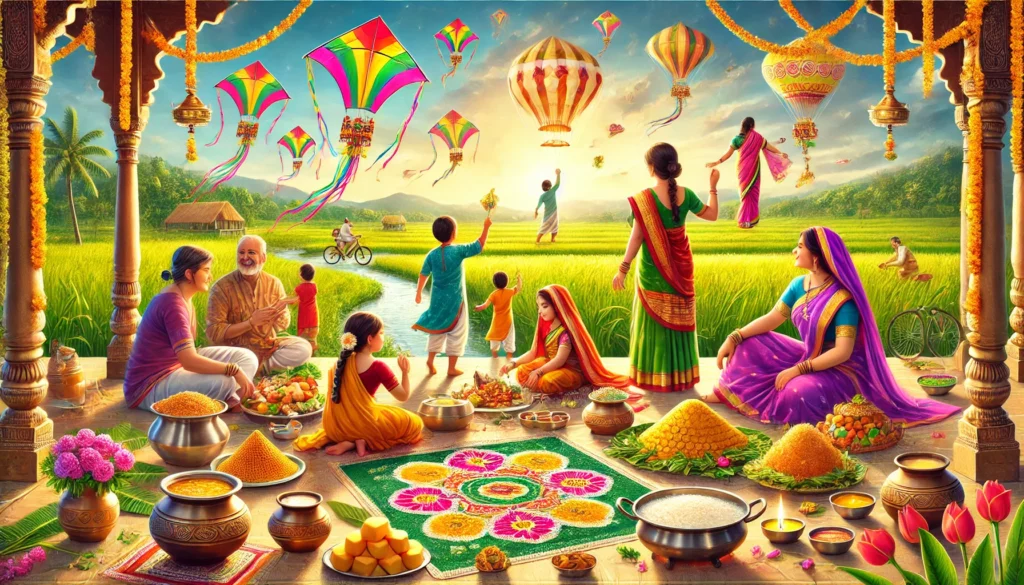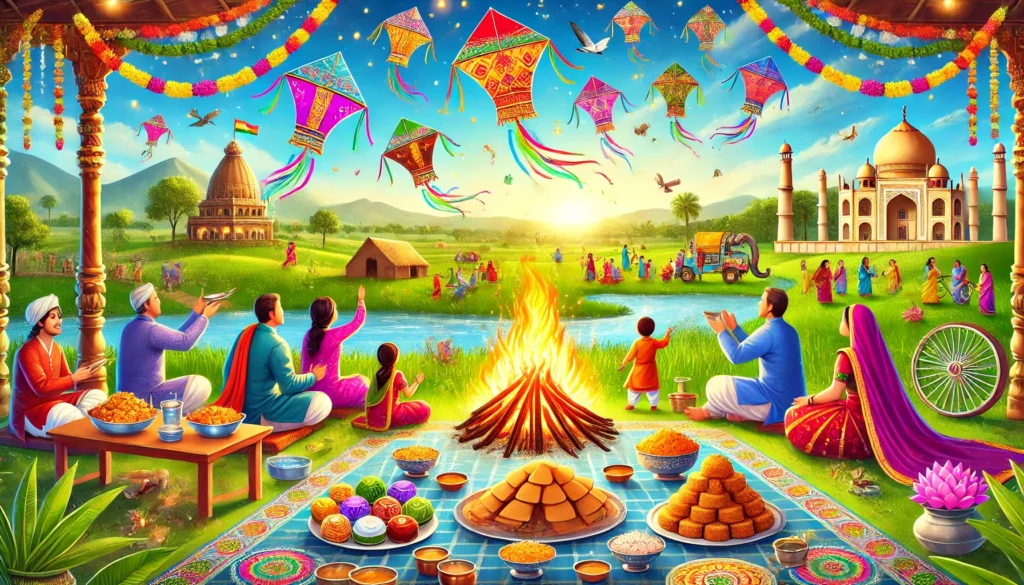Hinduism: Exploring the world oldest religion
Introduction
For millennia, Hinduism, the oldest surviving religion on Earth, has captivated scholars, philosophers, and spiritual seekers with its rich tapestry of beliefs, practices, and traditions. In contrast to numerous other religions, Hinduism does not have a single progenitor or central authority, which has enabled it to develop organically over the course of centuries, encompassing a variety of influences and perspectives. This ancient spiritual tradition’s essence is both a source of fascination and a defining feature for those who seek to comprehend its expansive, multi-layered nature.
The Origins and Evolution of Hinduism
The Indus Valley Civilization, which thrived in the third and second millennia BCE, is the source of Hinduism. The Vedas, the eldest and most revered Hindu scriptures, are believed to have been composed between 1800 and 1200 BCE, although the precise timeline is still a matter of scholarly debate. The religion’s fundamental beliefs and practices were established by these ancient texts, which are regarded as divine by a significant number of Hindus.
Hinduism has undergone continuous development throughout the centuries, assimilating elements from a variety of sources, such as the Upanishads, the epics Mahabharata and Ramayana, and the Puranas. The tradition was further influenced by the emergence of influential spiritual leaders and philosophers, including Shankara, Kabir, and Chaitanya, who introduced new perspectives and interpretations.

The Fundamental Tenets of Hinduism
A profound belief in the divine, which is conveyed through a multitude of deities and cosmic principles, is at the core of Hinduism. Hindus regard the Vedas as the ultimate source of religious truth and acknowledge the authority of other sacred texts, such as the Upanishads, the Bhagavad Gita, and the Puranas.
Hinduism is distinguished by its acceptance of the cyclical nature of time, which posits that the universe is subject to an infinite number of cycles of creation, preservation, and annihilation. The prominent Hindu deities, including Brahma, Vishnu, and Shiva, who represent the various aspects of this cosmic cycle, are a reflection of this belief in the eternal, ever-changing nature of the cosmos.
The concept of karma, which posits that our actions in this life have an impact on our future incarnations, is another fundamental principle of Hinduism. The Hindu concept of the individual (atman) and its connection to the ultimate reality (Brahman) is intricately linked to the belief in reincarnation and the cycle of birth, death, and rebirth.
The Diversity of Hindu Practices and Beliefs
Hinduism is distinguished by its extraordinary diversity, which encompasses a diverse array of spiritual traditions, practices, and beliefs. Some Hindus prioritize the pursuit of knowledge (jnana) or the practice of yoga and meditation, while others adhere to the path of devotion (bhakti).
Hinduism is a vast and intricate religion that worships a variety of deities, each with their own distinct attributes and domains. Hinduism provides a diverse array of divine archetypes for devotees to identify with, from the benevolent Ganesha, the remover of obstacles, to the fierce and protective Kali, the goddess of destruction.
This diversity is also reflected in Hindu rituals and festivals, which venerate various aspects of the divine and the cycles of nature during celebrations such as Diwali, Holi, and Pongal. Symbolic elements, including the lighting of lamps, the throwing of colored powders, and the offering of blossoms and fruits to the deities, are frequently incorporated into these rituals.
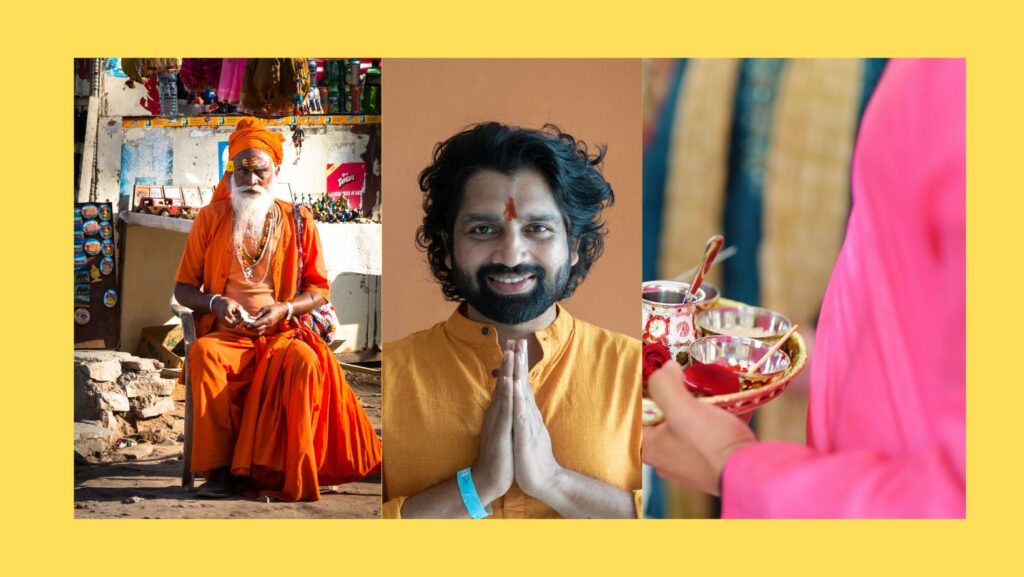
The Role of Temples and Sacred Spaces
In Hindu spirituality, temples are considered sacred locations where the divine is believed to reside, and they hold a central position. Not only are these architectural wonders places of worship, but they are also cultural and social centers, often adorned with intricate carvings and elaborate iconography.
The ritual of puja, which entails the presentation of flowers, incense, and other items to the deities within the temple, is a critical aspect of Hindu devotional practice. On behalf of the worshippers, the priest performs these rituals, serving as an intermediary between the divine and the devotees. The worshippers, in turn, receive the blessings (prasad) of the deities.
Hinduism acknowledges the sacredness of specific natural landscapes, including forests, rivers, and mountains, in addition to temples. These landscapes are believed to be the residences of a variety of deities and spiritual forces. The Hindu tradition places great importance on pilgrimage sites, where devotees embark on journeys to establish connections with these sacrosanct spaces.
The Influence of Hinduism on World Cultures
Hinduism’s influence goes far beyond the Indian subcontinent, as its concepts and practices have a global impact on cultures and belief systems. The cyclical nature of the universe, karma, and reincarnation have been echoed in a variety of spiritual and philosophical traditions, including Neoplatonism and Buddhism.
Additionally, Hinduism has made substantial contributions to a wide range of disciplines, including medicine, astronomy, mathematics, and the arts. The intellectual accomplishments of ancient Hindu scholars and philosophers are the source of the decimal system, the concept of zero, and the foundations of modern surgery.
Hinduism in the Modern Era
Hinduism has continued to evolve in the modern era, adapting to the evolving demands and challenges of the contemporary world. New religious movements, such as the Ramakrishna Mission and the Aurobindo Ashram, have introduced innovative approaches to spiritual practice, while Hindu reform movements, such as the Brahmo Samaj and the Arya Samaj, have sought to reinterpret and modernize the tradition.
The fundamental essence of Hinduism, which includes its timeless wisdom, embrace of diversity, and emphasis on the sacred, continues to be a potent influence in the lives of millions of individuals worldwide, despite the ongoing transformations. The enduring legacy of Hinduism provides a rich tapestry of perspectives and insights to further explore and contemplate as the world continues to wrestle with complex questions of identity, spirituality, and the nature of the sacred

Conclusion
Hinduism, with its extensive and multidimensional history, serves as a testament to the human spirit’s perpetual pursuit of transcendence, connection, and meaning. This living tradition, which offers a distinctive and profound comprehension of the human experience, continues to captivate and inspire individuals worldwide, from the ancient Vedas to the modern-day temples and festivals. We are invited to embark on a voyage of self-discovery as we explore the depths of this timeless tapestry, where the boundaries of the known and the unknown blur and the eternal mysteries of the universe unfold before us.
#hinduism #hindufaith #hindu #hindus #hinduandhinduism #hinduismtemple #temple #hindugods #hindudeities #hinduismbeliefs
